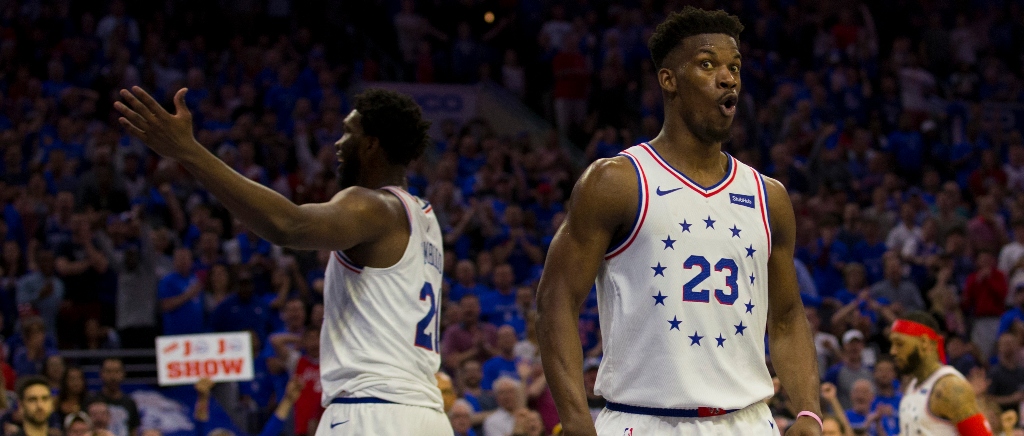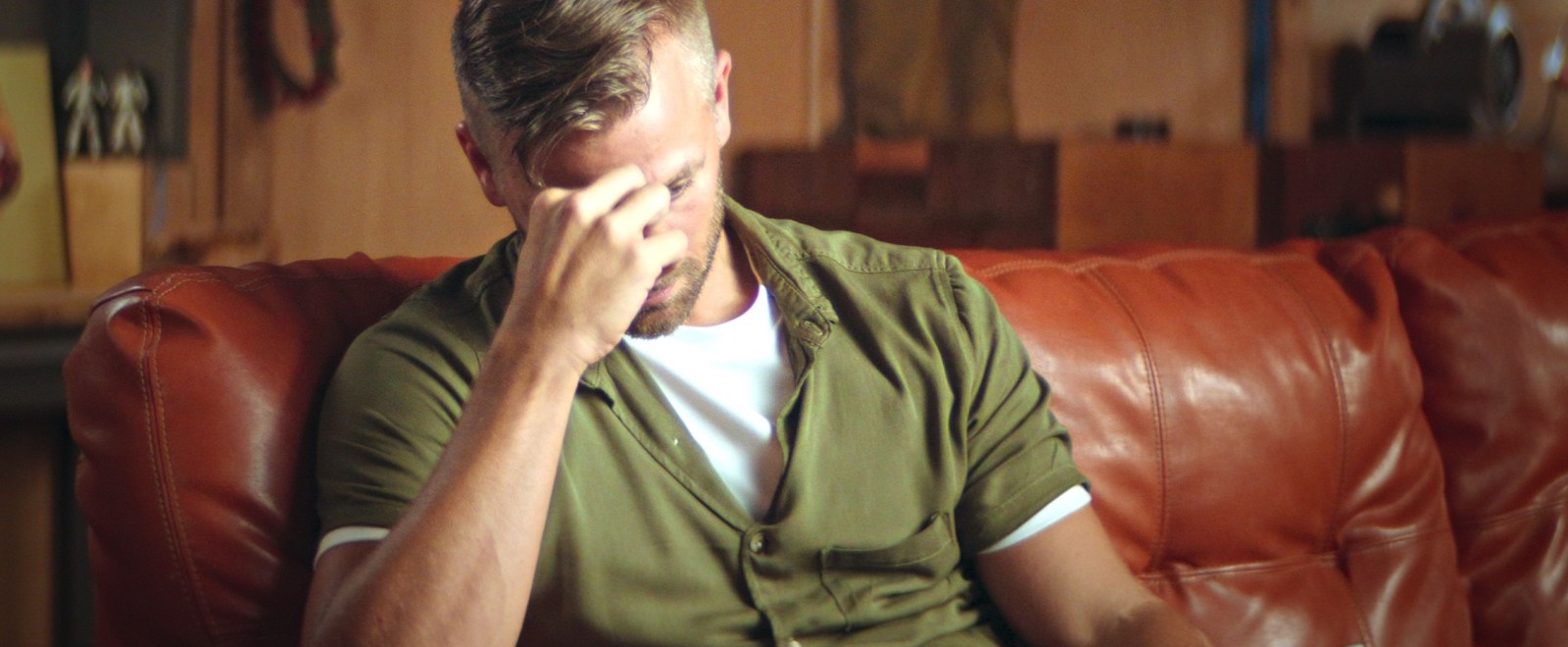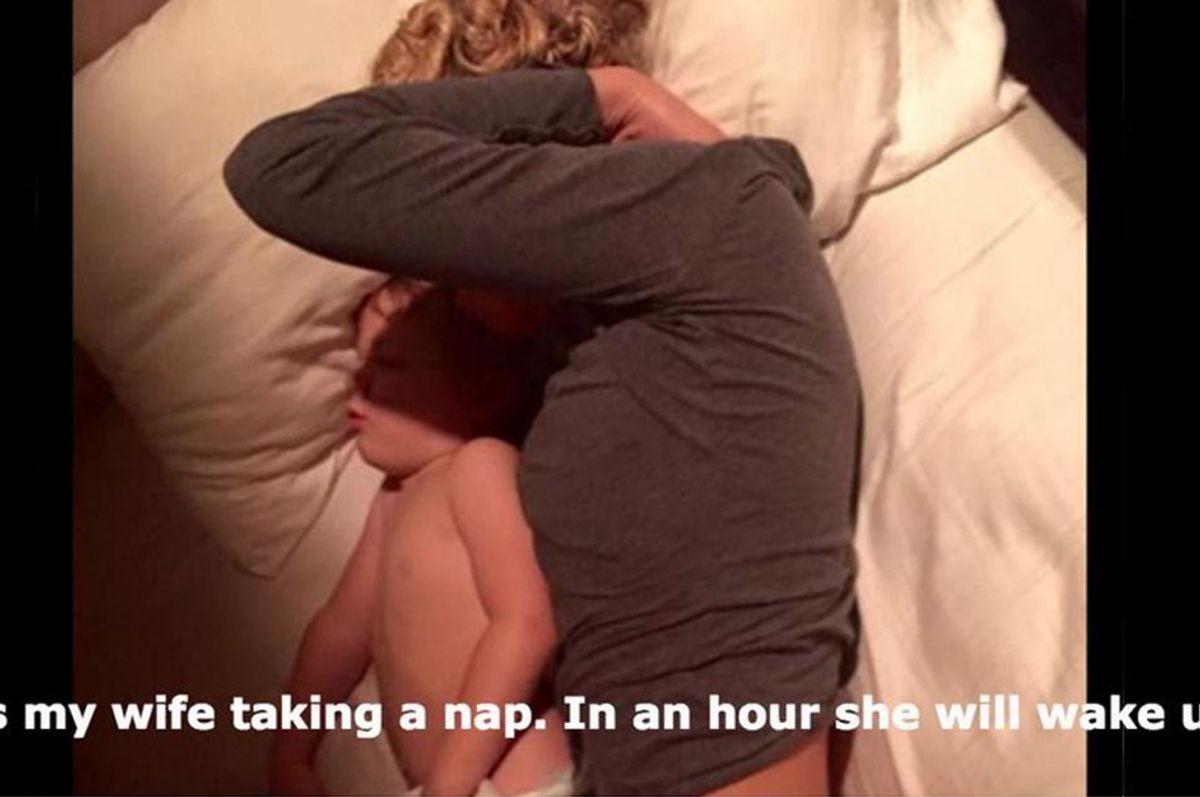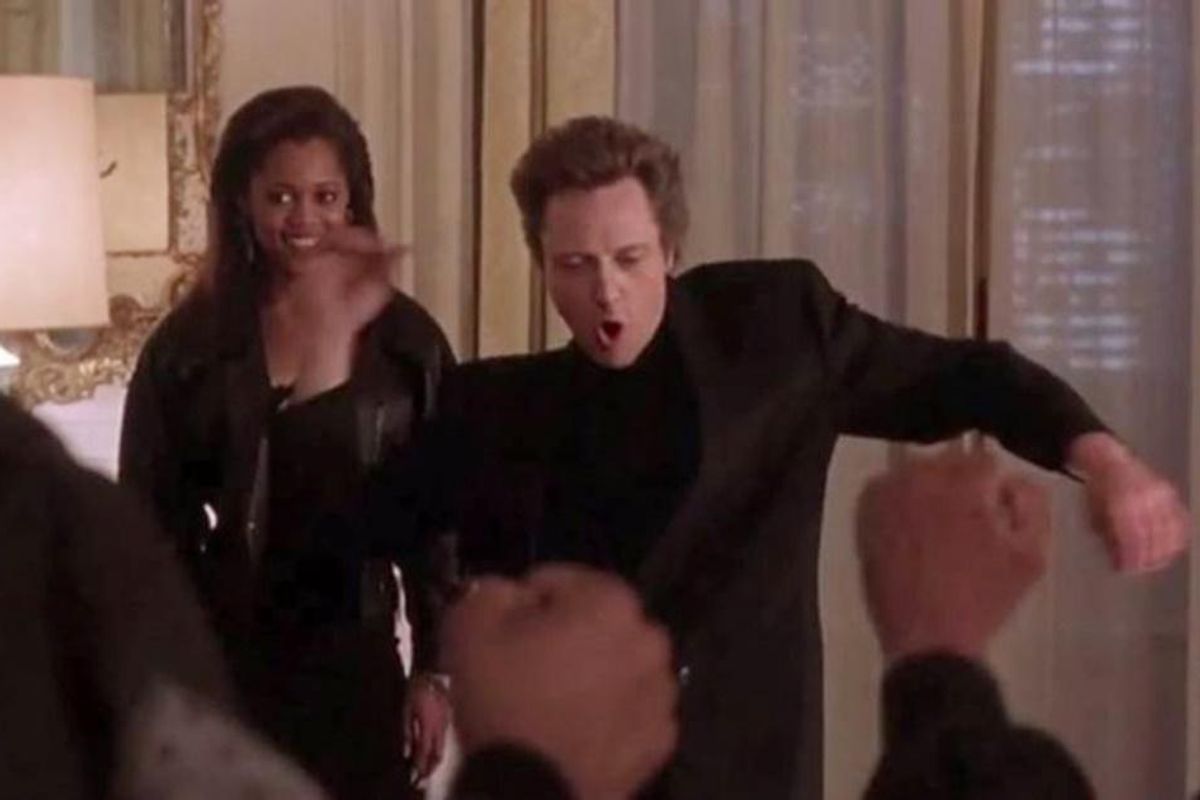
Pregnant.
There it was, clear as day, two blue lines staring back at me from the small pregnancy test I had just purchased.
I double-checked…
One line = not pregnant.
Two lines = pregnant.

Photo via iStock.
Yup, I was definitely pregnant.
My heart was pounding.
My head was spinning.
My stomach was churning.
I was nervous, excited, scared, and ecstatic all at the same time.

This was actually happening! After years of dreaming, preparing for, and anticipating this day, it was finally here. I was going to be a mother.
Little did I know that in nine short months, I would begin the most exhausting, life-changing, heart-wrenching, but indescribably rewarding journey of my life.
In nine months, I would learn the price of motherhood firsthand. I would know exactly what it takes to be a mother. I would gain a whole new understanding of and gratitude for the beautiful woman I call Mom.
I would learn about things mothers experience that their children often know very little about.
Here are 10 things your mom never told you.
1. You made her cry … a lot.
She cried when she found out she was pregnant. She cried as she gave birth to you. She cried when she first held you. She cried with happiness. She cried with fear. She cried with worry. She cried because she feels so deeply for you. She felt your pain and your happiness and she shared it with you, whether you realized it or not.
2. She wanted that last piece of pie.
But when she saw you look at it with those big eyes and lick your mouth with that tiny tongue, she couldn’t eat it. She knew it would make her much happier to see your little tummy be filled than hers.
3. It hurt.
When you pulled her hair, it hurt; when you grabbed her with those sharp fingernails that were impossible to cut, it hurt; when you bit her while drinking milk, that hurt, too. You bruised her ribs when you kicked her from her belly; you stretched her stomach out for nine months; you made her body contract in agonizing pain as you entered this world.
4. She was always afraid.
From the moment you were conceived, she did all in her power to protect you. She became your mama bear. She was that lady who wanted to say no when the little girl next door asked to hold you and who cringed when she did because in her mind no one could keep you as safe as she herself could. Her heart skipped two beats with your first steps. She stayed up late to make sure you got home safe and woke up early to see you off to school. With every stubbed toe and little stumble, she was close by; she was ready to snatch you up with every bad dream or late-night fever. She was there to make sure you were OK.
She stayed up late to make sure you got home safe and woke up early to see you off to school.
5. She knows she’s not perfect.
She is her own worst critic. She knows all her flaws and sometimes hates herself for them. She is hardest on herself when it comes to you, though. She wanted to be the perfect mom, to do nothing wrong — but because she is human, she made mistakes. She is probably still trying to forgive herself for them. She wishes with her whole heart that she could go back in time and do things differently, but she can’t, so be kind to her and know she did the best she knew how to do.
6. She watched you as you slept.
There were nights when she was up ’til 3 a.m. praying that you would finally fall asleep. She could hardly keep her eyes open as she sang to you, and she would beg you to “please, please fall asleep.” Then, when you finally fell asleep, she would lay you down, and all her tiredness would disappear for a short second as she sat by your bedside looking down at your perfect cherub face, experiencing more love than she knew was possible, despite her worn-out arms and aching eyes.
7. She carried you a lot longer than nine months.
You needed her to. So she did. She would learn to hold you while she cleaned; she would learn to hold you while she ate; she would even hold you while she slept because it was the only way she could sometimes. Her arms would get tired, her back would hurt, but she held you still because you wanted to be close to her. She snuggled you, loved you, kissed you, and played with you. You felt safe in her arms; you were happy in her arms; you knew you were loved in her arms, so she held you, as often and as long as you needed.
Her arms would get tired, her back would hurt, but she held you still because you wanted to be close to her.
8. It broke her heart every time you cried.
There was no sound as sad as your cries or sight as horrible as the tears streaming down your perfect face. She did all in her power to stop you from crying, and when she couldn’t stop your tears, her heart would shatter into a million little pieces.
9. She put you first.
She went without food, without showers, and without sleep. She always put your needs before her own. She would spend all day meeting your needs, and by the end of the day, she would have no energy left for herself. But the next day, she would wake up and do it all over again because you meant that much to her.
10. She would do it all again.
Being a mom is one of the hardest jobs anyone can do, and it will take you to your very limits sometimes. You cry, you hurt, you try, you fail, you work, and you learn. But, you also experience more joy than you thought was possible and feel more love than your heart can contain. Despite all the pain, grief, late nights, and early mornings you put your mom through, she would do it all again for you because you are worth it to her.
So, next time you see her, tell your mom thank you; let her know that you love her. She can never hear it too many times.
This article originally appeared on 05.27.16





 Series 2
Series 2 


















